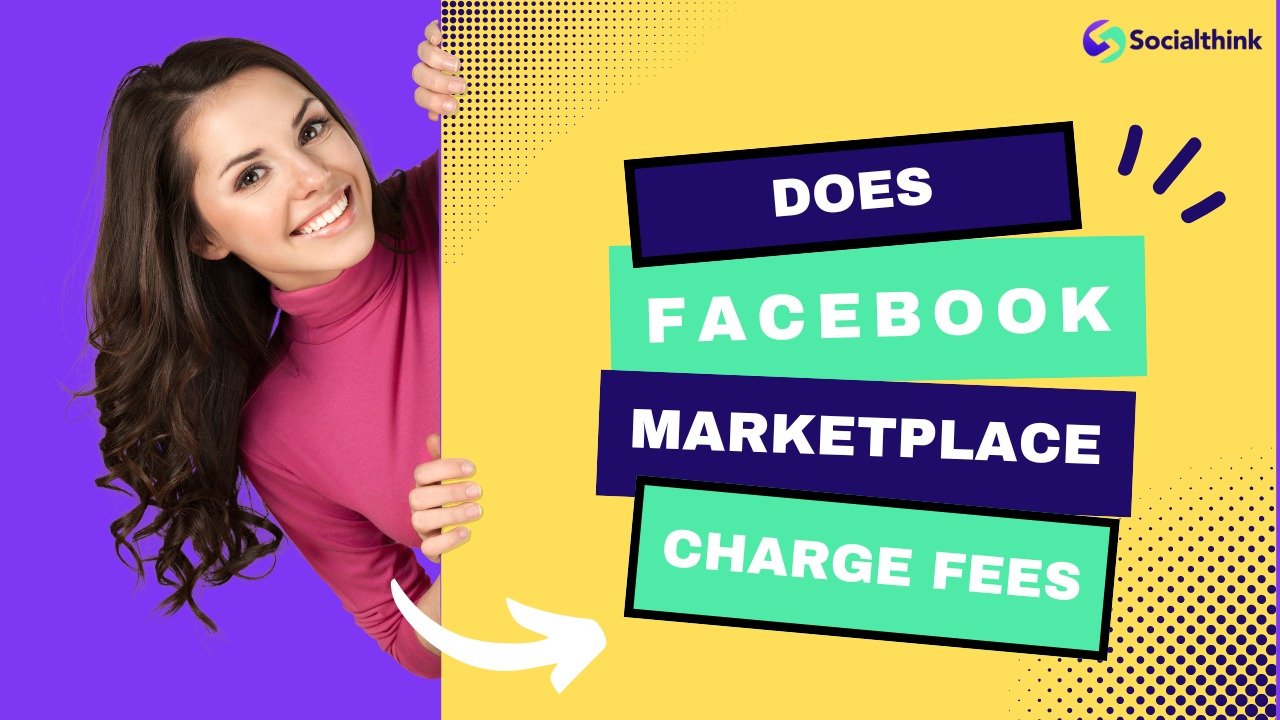Does Facebook Marketplace Charge Fees? A Complete Guide
In modern times, social media has changed from just talking to online places for buying and selling.
Facebook Marketplace, a feature within the ubiquitous Facebook app, has emerged as a thriving online marketplace where individuals and businesses can buy and sell a wide range of products.
However, as with any e-commerce platform, understanding the associated fees is important for maximizing profits and making informed decisions.
This comprehensive guide aims to demystify Facebook Marketplace fees, equipping you with the knowledge to navigate this platform effectively.
What is Facebook Marketplace – The Basics
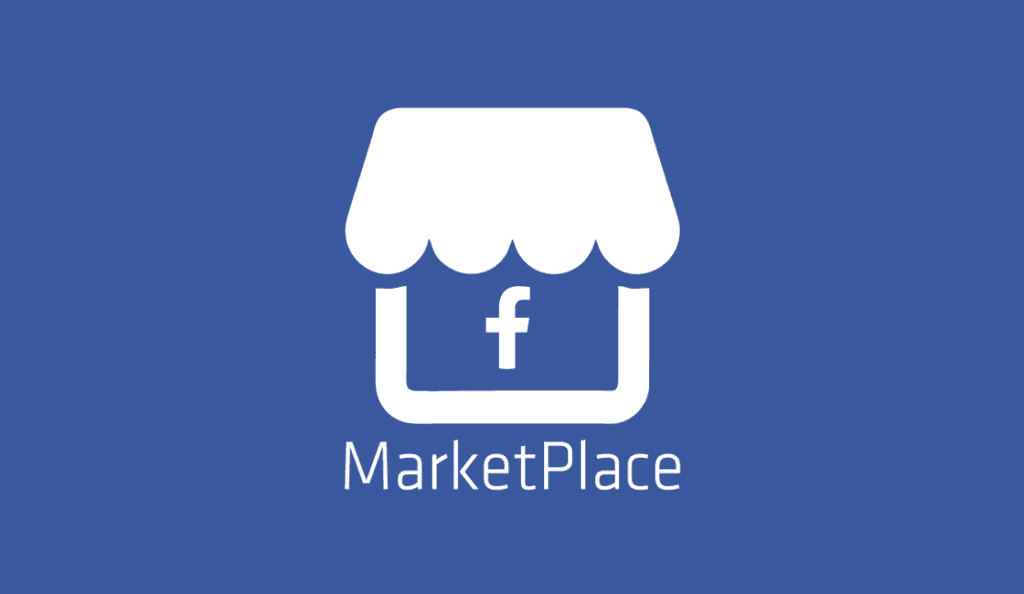
How Does Facebook Marketplace Work?
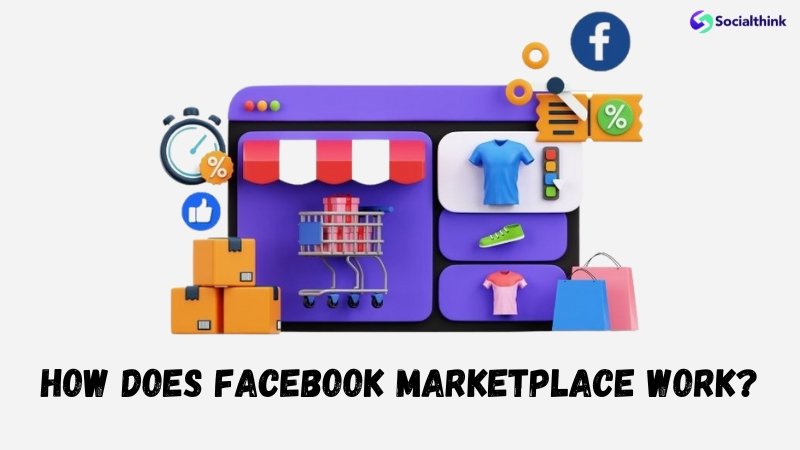
Facebook Marketplace is a user-friendly platform that allows you to buy and sell items within your local community or nationwide. It seamlessly integrates with the Facebook app, providing a familiar interface for millions of users. Whether you’re an individual looking to declutter or a business seeking to expand its reach, Facebook Marketplace offers a convenient and accessible platform for transactions.
How to Sell on Facebook Marketplace?
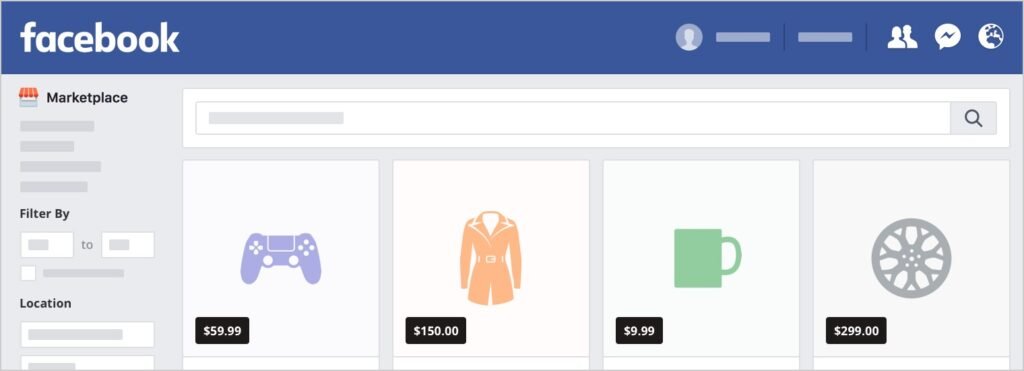
Selling on Facebook Marketplace is a straightforward process.
Simply open the Facebook app, tap on the Marketplace icon (the storefront icon), and create a listing for your item. You’ll need to provide details such as product description, photos, and pricing.
Once your listing is live, potential buyers can message you directly to inquire about the item or make a purchase.
Does Facebook Marketplace Charge Fees?

The short answer is yes, Facebook Marketplace does charge fees for certain transactions.
However, the fees vary depending on the nature of the sale and the services utilized. It’s essential to understand these fees to ensure you’re pricing your products correctly and maximizing your profits.
Why Should You Care About Facebook Marketplace Fees?
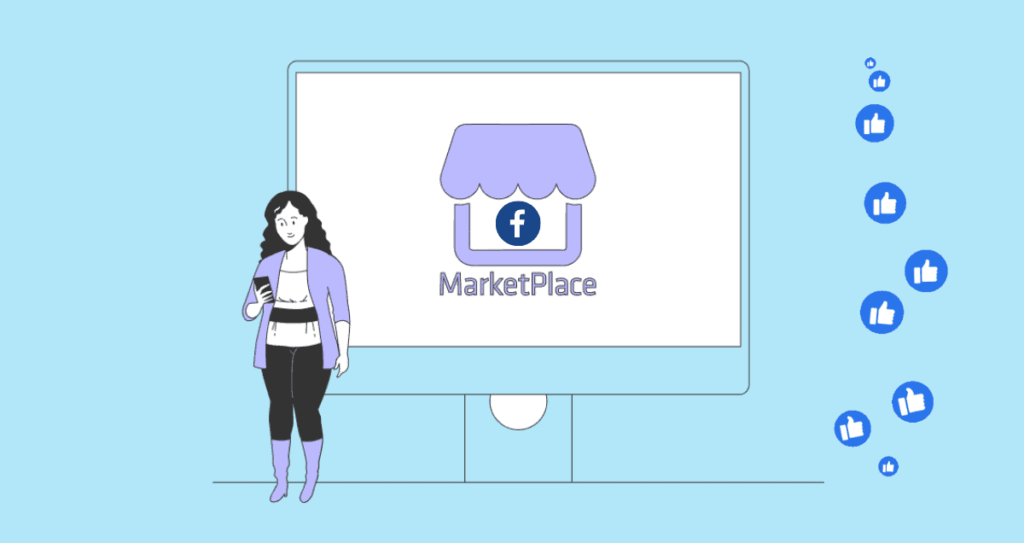
As a seller, understanding the fees associated with Facebook Marketplace is important for several reasons.
First and foremost, it allows you to accurately calculate your profit margins, ensuring that your pricing strategy is competitive and sustainable.
Additionally, being aware of the fees can help you make informed decisions about whether to offer shipping or local pickup, as well as whether to leverage additional services like advertising.
How Does Facebook Marketplace Payment Work?

When you make a sale through Facebook Marketplace, the buyer has the option to pay via PayPal or with a credit or debit card. If the buyer chooses to pay with a credit or debit card, they will be prompted to enter their billing information during checkout.
To receive payments, sellers must link their PayPal or bank account to their Facebook account. Additionally, if you sell more than $599 per year on Facebook Marketplace, you’ll need to provide your social security number or employer identification number (EIN) for tax purposes.
Once an item is sold, the seller must mark it as shipped and enter a tracking number.
If a shipping label is purchased through Facebook Marketplace, the tracking number will be automatically generated. The seller has three days to mark the order as shipped; otherwise, Facebook will automatically cancel the order, regardless of any agreement made with the buyer.
The payout will be initiated 15 days after the item was marked as shipped or five days after the tracking shows the item as delivered. It may take up to five days for the funds to reflect in your bank account or PayPal.
Can A Seller Offer a Partial Or Full Refund Or Accept Returns?
Yes, Facebook Marketplace provides sellers with the option to issue partial or full refunds, even after receiving the payout. If you require the item to be shipped back before issuing a full refund, you’ll be responsible for purchasing the return shipping label separately, as Facebook Marketplace does not offer this service directly.
What Are The Different Facebook Marketplace Fees?
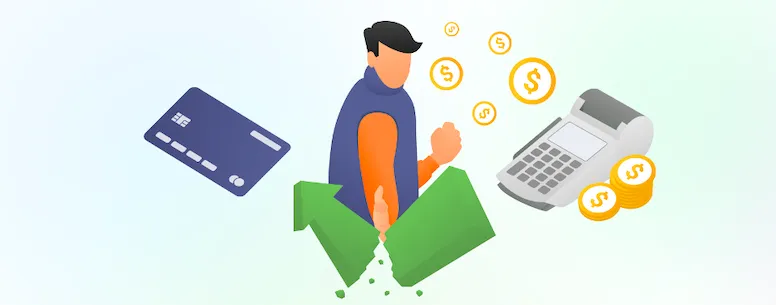
Facebook Marketplace charges various fees depending on the type of transaction and services utilized. The different fees include:
Selling Fees
Facebook Marketplace charges a selling fee for items sold with shipping. This fee is typically 5% of the total selling price or a flat fee of $0.40 for shipments of $8.00 or less. For example, if you sell an item for $20 and offer shipping, Facebook Marketplace will deduct $1 as the selling fee.
Chargeback Fees
A chargeback occurs when a buyer disputes a payment with their bank or credit card company. In such cases, Facebook Marketplace will charge you a $20 chargeback fee in addition to the original price of the product. This fee covers the administrative costs associated with handling the chargeback process.
Insertion/Listing Fees
Unlike many other online marketplaces, Facebook Marketplace does not charge any insertion or listing fees. This means you can list as many products as you wish without incurring additional costs, making it an attractive option for businesses with a wide range of products.
Subscription Fees
Facebook Marketplace does not require any subscription fees, allowing businesses to list products and take breaks without having to pause or pay for a subscription. This flexibility can be particularly beneficial for small businesses or individuals with fluctuating inventory.
Shipping Fees
If you choose to offer shipping on Facebook Marketplace, you’ll be responsible for covering the associated shipping costs.
However, Facebook Marketplace does not charge any additional fees for this service. The shipping charges will depend on your agreement with carriers and their respective shipping policies.
Ad Fees
If you decide to advertise your products on Facebook or Instagram, you’ll need to pay for Meta Ads. These ad costs are determined by factors such as your bid amount, target audience, and ad format. While not directly related to Facebook Marketplace fees, advertising can be a valuable tool for increasing visibility and driving sales.
How Much Does it Cost to Sell on Facebook Marketplace?
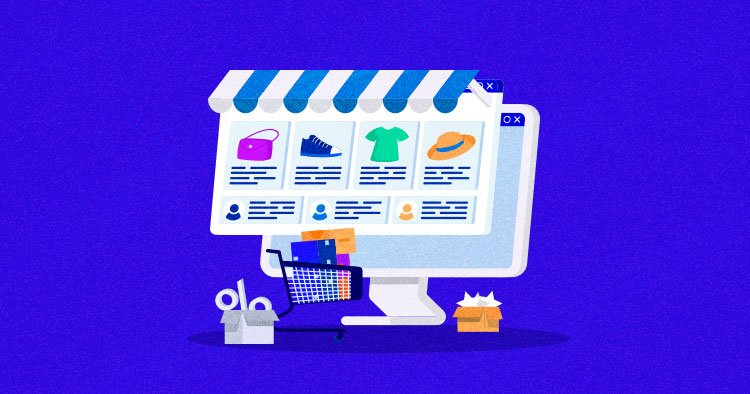
The cost of selling on Facebook Marketplace varies depending on several factors, including the selling price of your item, whether you offer shipping, and if any chargebacks or disputes occur.
Here’s a breakdown of the potential costs:
- For local sales with no shipping: No fees
- For sales with shipping:
- Shipments of $8 or less: $0.40 flat fee
- Shipments over $8: 5% of the selling price
- Chargeback fee (if applicable): $20 per chargeback
It’s important to note that these fees are subject to change, and Facebook may occasionally offer fee waivers or promotions for certain categories or price ranges.
Can I Advertise on Facebook Marketplace?
Yes, you can advertise your products on Facebook Marketplace through Meta Ads. These ads work on an auction-based system, and the costs are determined by factors like your bid amount, target audience, and ad format. While advertising is not mandatory, it can be a powerful tool for increasing visibility and reaching a wider customer base.
How Can I Calculate Facebook Marketplace Fees With Sales?
To accurately calculate your potential profits when selling on Facebook Marketplace, you’ll need to consider the following factors:
- Cost of Goods: This includes the purchase price and any expenses related to preparing the item for sale.
- Competitive Pricing: Research what other sellers are charging for similar items to ensure your pricing is competitive.
- Market Demand: The demand for your product can influence the price you can charge.
- Value Proposition: If your product has unique features or qualities, you may be able to justify a higher price.
Once you’ve determined your selling price, you can calculate the Facebook Marketplace fees based on the information provided earlier in this guide. Remember to factor in any additional costs, such as shipping or advertising, to arrive at your final profit margin.
How Can Dropshipping Help You Navigate Facebook Marketplace Fees?
Dropshipping is a business model where you don’t hold any inventory. Instead, you partner with a supplier who ships products directly to your customers after they place an order through your online store or sales channel.
So, How Does Dropshipping Tie Into Facebook Marketplace Fees?
When dropshipping, you avoid buying and storing products upfront. This lets you list items on Facebook Marketplace without high costs. You can concentrate on enhancing listings, prices, and marketing to boost sales and profits.
Some dropshipping services can automate pricing with Facebook fees and profits in mind.
The Pros And Cons Of Facebook Marketplace Dropshipping
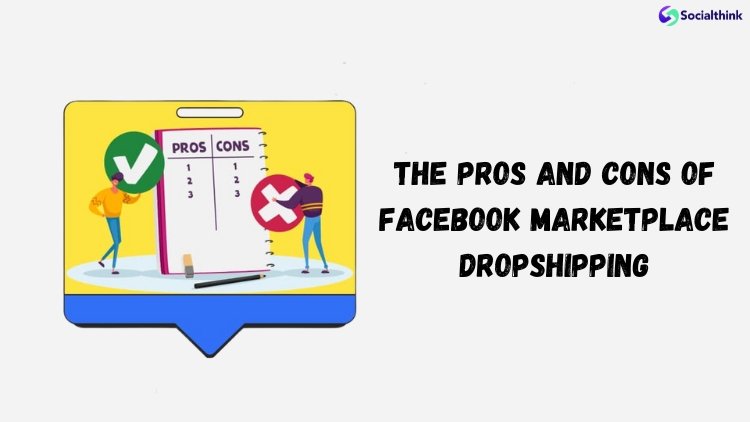
Like any business model, dropshipping on Facebook Marketplace has its Pros and Cons.
Let’s explore them:
Pros
- No hidden fees: Facebook Marketplace’s fees are transparent, making it easier to calculate your costs and profits.
- No monthly subscription: You don’t have to pay any recurring fees to list products on Facebook Marketplace.
- Simple buying and selling process: The platform is user-friendly, making it easy for buyers and sellers to connect and complete transactions.
- Free organic traffic: With Facebook’s massive user base, you can tap into a vast pool of potential customers without paying for advertising (initially).
- Low selling fees: Compared to other online marketplaces, Facebook Marketplace’s selling fees are relatively low, allowing you to maximize your profits.
Cons
- Limited product categories: Facebook Marketplace has restrictions on the types of products you can sell, which may limit your dropshipping options.
- Potential for competition: As the platform grows in popularity, you may face increased competition from other sellers in your niche.
- Lack of seller protection: Facebook Marketplace doesn’t offer the same level of seller protection as some other online marketplaces, which can be a concern in case of disputes or chargebacks.
- Shipping challenges: If you offer shipping, you’ll need to navigate the associated costs and logistics, which can be time-consuming and complex for some products or destinations.
What Products Should I Avoid Selling On Facebook Marketplace?
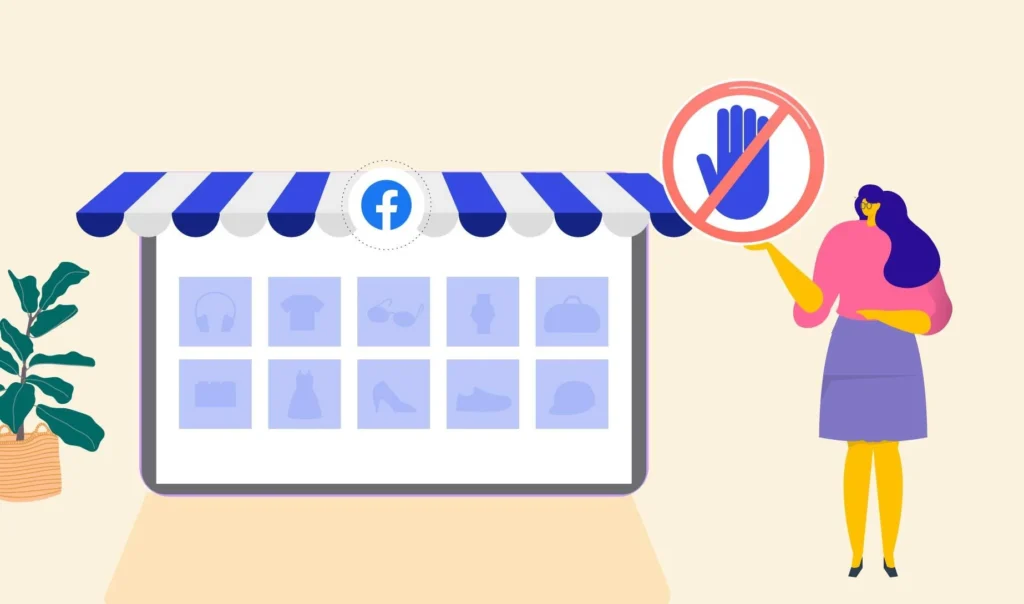
While Facebook Marketplace allows you to sell a wide range of products, there are certain categories and items that are prohibited or restricted.
Here are some examples of products you should avoid selling on the platform:
- Digital products or subscriptions
- Weapons, ammunition, or explosives
- Animals
- Illegal, prescription, or recreational drugs
- Medical or healthcare products
- Tobacco products and related paraphernalia
- Ingestible supplements
- Adult products and services
- Real money gambling services
- Real, virtual, or fake currency
- Misleading, deceptive, or offensive items
- Recalled products
How Do I Avoid Facebook Marketplace Fees?
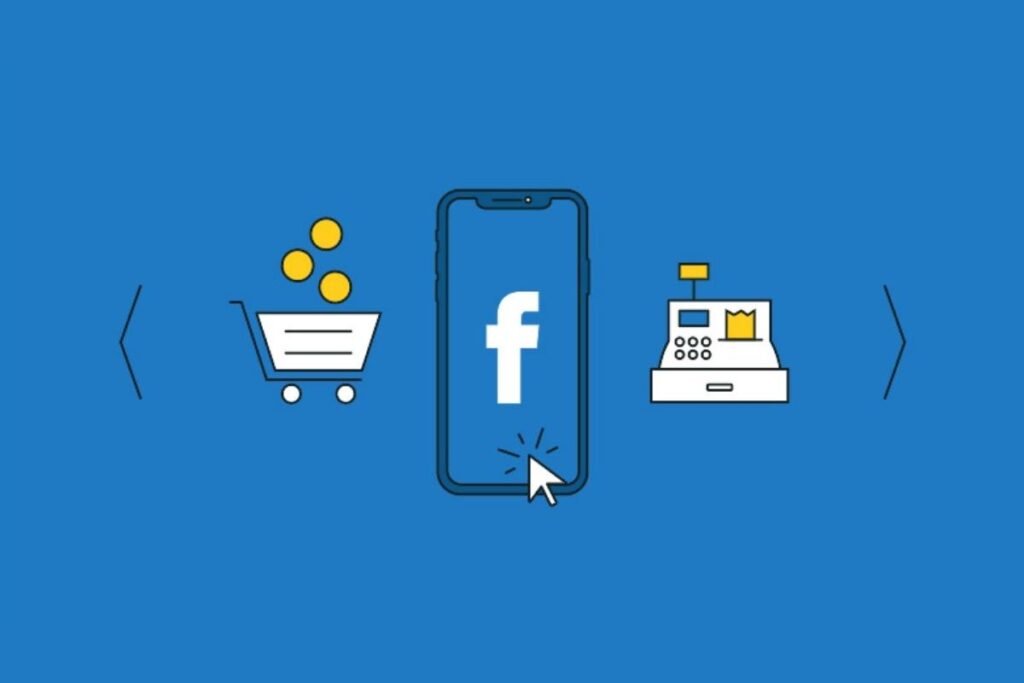
While Facebook Marketplace charges fees for certain transactions, there are ways to minimize or avoid these fees altogether:
- Offer local pickup: If you sell items locally and meet buyers in person for cash transactions, you won’t be charged any selling fees.
- Use alternative payment methods: Instead of using Facebook’s checkout system, you can accept payments through platforms like PayPal, Venmo, or cash apps, which may have lower fees or no fees at all.
- Negotiate prices: When selling locally, you can negotiate prices with buyers to account for any potential fees or costs associated with the transaction.
- Utilize free shipping promotions: Facebook occasionally offers fee waivers or free shipping promotions for certain categories or price ranges, which can help you save on selling fees.
FAQ’s:
Does Facebook Marketplace Charge A Fee/Subscription?
No, Facebook Marketplace does not charge any subscription or membership fees. You can list products and use the platform without incurring any recurring charges.
Does Facebook Marketplace Charge Tax?
Facebook Marketplace does not charge any additional taxes on transactions. However, sellers are responsible for reporting and paying any applicable sales taxes based on their location and local tax laws.
How Should You Accept Payment On Facebook Marketplace?
Facebook Marketplace offers two payment options for sellers: PayPal or credit/debit card. Buyers can choose their preferred payment method during checkout, and sellers will receive the funds in their linked PayPal or bank account.
How Much Does Facebook Marketplace Take Per Sale?
For shipments of $8 or less, Facebook charges a flat selling fee of $0.40 per sale.
For shipments over $8, Facebook charges a 5% selling fee based on the total selling price.
Does Facebook Marketplace Charge Fees For All Listings?
No, Facebook Marketplace does not charge any fees for local sales or listings where you offer local pickup. Fees are only applicable when you offer shipping and use Facebook’s checkout system.
What Happens if a Sale is Canceled? Are Fees Still Applicable?
If a sale is canceled before the item is marked as shipped, no fees will be charged. However, if the item has been marked as shipped and the sale is subsequently canceled, any applicable selling fees will still be deducted from your payout.
Are There Any Hidden Fees Sellers Should Be Aware Of?
Facebook Marketplace is transparent about its fees, and there are no hidden charges for sellers. The main fees to be aware of are the selling fee (5% or $0.40 flat fee), chargeback fee ($20), and potential ad costs if you choose to advertise your products.
Are Facebook Marketplace Fees Expensive?
Compared to other online marketplaces, Facebook Marketplace fees are relatively low. The 5% selling fee or flat fee of $0.40 for shipments of $8.00 or less is generally considered reasonable.
Can I Dropship On Facebook Marketplace?
Yes, you can dropship on Facebook Marketplace. Dropshipping can be a viable business model for selling on this platform, as it eliminates the need for upfront inventory costs and minimizes overhead expenses.
Is Selling On Facebook Marketplace Worth It?
Selling on Facebook Marketplace can be worthwhile, especially for individuals looking to declutter or businesses seeking to expand their reach. With its low fees, large user base, and accessibility, Facebook Marketplace offers a compelling platform for buying and selling various products.
Conclusion
Navigating the world of Facebook Marketplace fees can seem daunting at first, but with the right knowledge and strategies, it can be a valuable addition to your business operations.
By knowing the fees, calculating profits accurately, and considering dropshipping, you can succeed on Facebook Marketplace. It’s not just for selling personal items; it’s also great for businesses.
With many users and low costs, it helps businesses reach more customers. Understanding the fees is crucial for profitable selling on Facebook Marketplace, whether you’re an individual or a business owner.
Embrace the power of this platform, and let Social Think guide you on your journey to e-commerce success.

